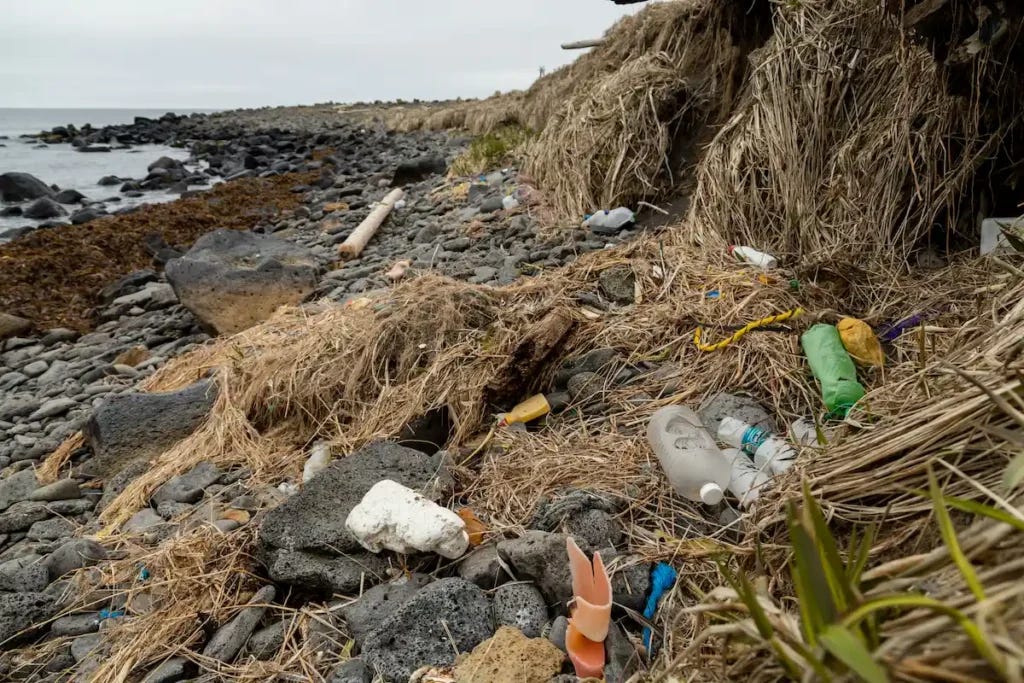Removing Trash from the Arctic Circle is Good
The Power of Collective Will in a Most Challenging Environment
The Arctic is not a good place for trash to accumulate.
The regions unique conditions combine for almost a perfect storm for persistent pollution. In the frigid temperatures and waters, plastics and other debris degrade slowly - what might break down in years elsewhere can persist for decades - and thus accumulate to dangerous amounts quickly.
Then there’s the problem that trash has to be removed by people, and people face quite treacherous conditions during the brief and lone calendar window when cleanup is possible. These people face unstable weather, rough seas, and the constant risk of polar wildlife.
Finally, the debris is scattered. Spread across vast stretches of coastline and often trapped in ice!
But, despite these formidable challenges, there are dedicated volunteers who do this crucial work, with the Arctic's pristine ecosystems hang in the balance.
Those volunteers are today’s Good Thing…
It’s incredible work. In 2023 alone, about 2,000 volunteers managed to remove over 50,000 pounds of trash from Arctic waters and coastlines. These people are doing this during the brief Arctic summer when the ice retreats just enough to make cleanup possible.
Take the folks at Netsilik School in Taloyoak, Nunavut, who've been at this since the early 1990s. Every year, they haul away between 2,000 to 4,000 pounds themselves from local shores. They've found everything from abandoned fishing nets to old snowmobiles - relics of human activity that would otherwise remain frozen in time, slowly damaging the delicate Arctic ecosystem.
Most of what they find comes from the fishing industry - nets, traps, and other gear that would otherwise continue trapping marine life for years. But there is the occasional unexpected: entire abandoned campsites, mysterious decades-old equipment, and sadly, even the remains of marine mammals who've fallen victim to our debris.
For the indigenous peoples of the Arctic, this work connects deeply with their traditional values. As they say in Inuit, "Avatittinnik kamatsiarniq" - environmental stewardship - is a fundamental responsibility. It’s an important framing. This isn’t just about removing trash; it’s also about preserving ways of life.
The next time you hear about people doing unsavory things. The next time you are taking out the garbage. The next time you shiver on a cold morning. Remember these Arctic volunteers. They're proof that even in the face of seemingly insurmountable obstacles, people can make a real difference. One piece of trash at a time, they're keeping the most uninhabitable places on Earth cleaner.
That's definitely a Good Thing.




